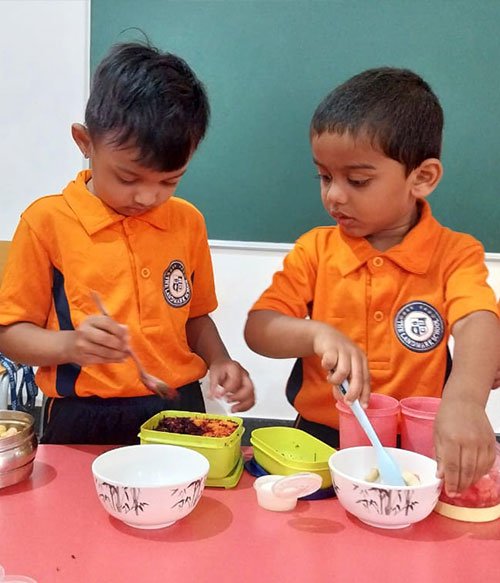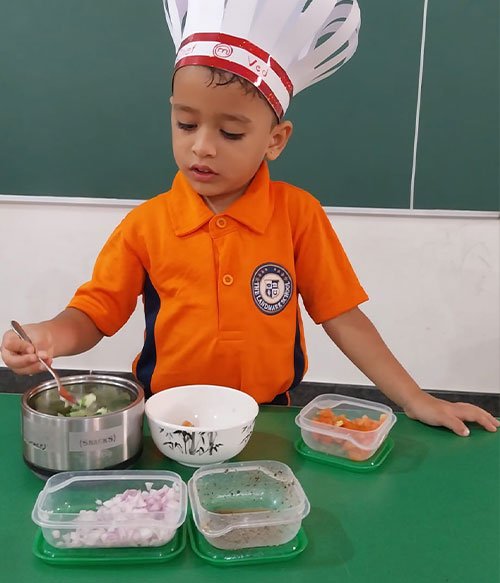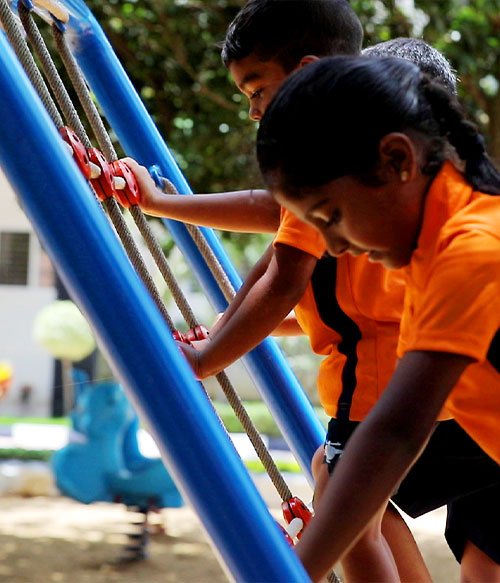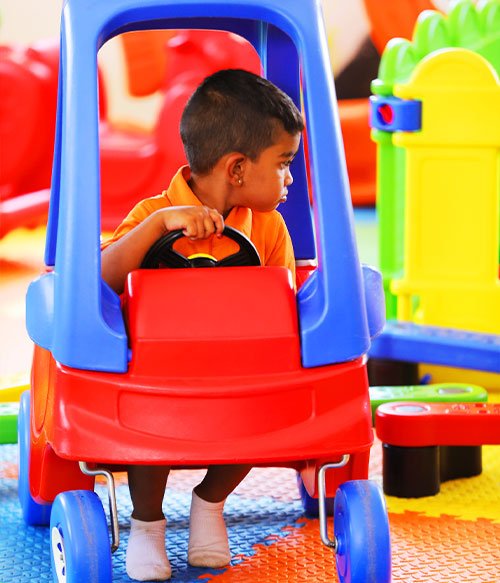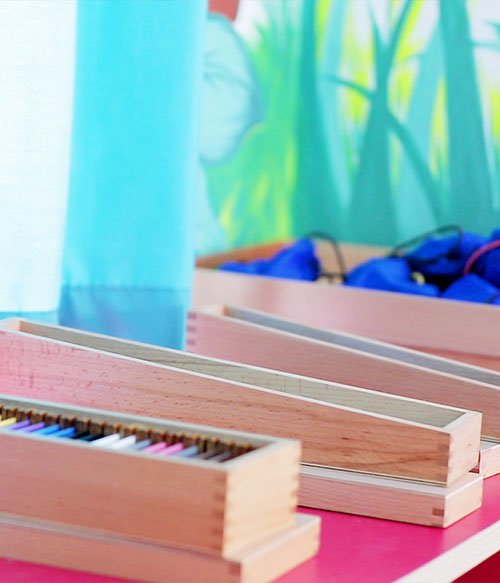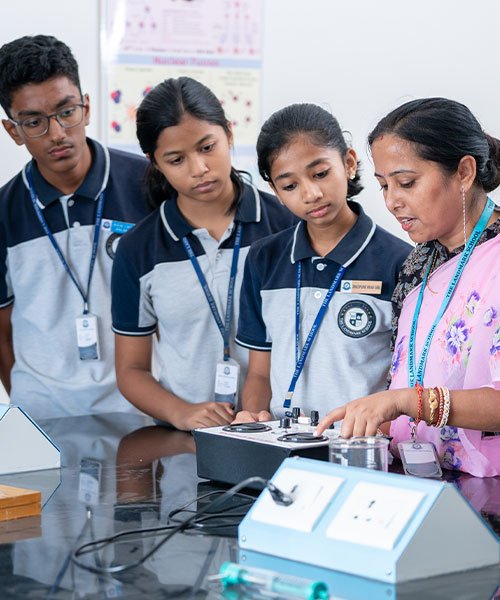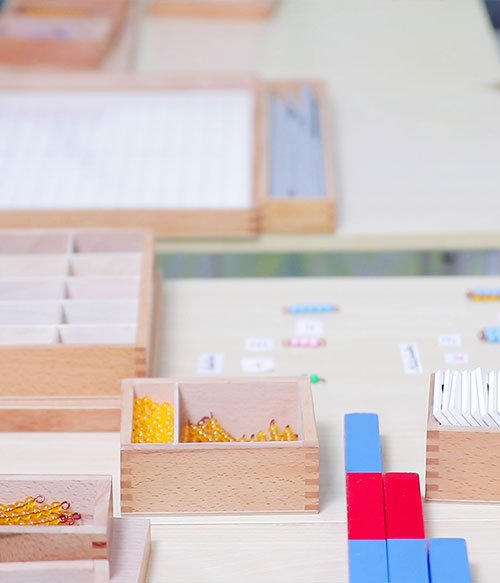Methodology
'Cultures grow on the basis of Tradition'. Our teaching methods are modern yet include important traditional elements. It is crucial that students receive individual attention from the teacher. At The Landmark School, one of the Best CBSE Schools in Manyata Tech Park, Bangalore East, we ensure that the student to teacher ratio is low to ensure that focus and concentration is given to each student so that all their requirements are catered to thus providing them with a high-quality education. Our consistent success rate is a result of this modern teaching technique. Our unique teaching style also includes a collaboration of culture in the form of music, dance, drawing, art, and photography together with the basics of academics to ensure that our students not only learn the important lessons of our syllabus but also enjoy and have fun in the learning process.
Inquiry Based Learning
Question
Inquiry begins with the desire to discover. Curiosity is the force that drives inquiry and discovery. It generates multiple questions and a keen search for answers. Thus, the process of asking questions lays the foundation of learning and discovery.
Observe
Observation and experience mark the next step of the inquiry process. By making various observations, individuals are motivated to move out of their comfort zone and gather experiences and ideas about their observations. They are prompted to begin identifying similarities and differences and make inferences based on their observations.
Investigate
Investigation involves continuous and consistent observation, questioning, survey, experimentation, mathematical analysis, and drawing out conclusions. An investigation may take unanticipated twists and turns since solving one problem may lead to another. In order to ensure smooth investigation, organized planning, data collection, implementation, judgement, and control of variables is mandatory.
Hypothesis
Developing a hypothesis requires consistent explanation with observation, questioning, and evidence. Making a hypothesis involves the application of information from past evidences and experiences that may contribute to the explanation of both how and why certain events may have occured.
Communicate & Reflect
In an inquiry-based classroom, there is open and unrestricted communication. Communication can be oral, written, or with the help of a presentation. It involves asking questions, discussions with one another, listening to explanations, and presenting individual opinions and views in a precise and clear manner. Communication goes far beyond the simple exchange of knowledge. It also indicates that socially gathered and shared information also adds to individual learning and development.
Multiple Intelligence Based Curriculum
Learning Space
The Landmark School Science Park aims to inculcate inquisitiveness, sense of inquiry, scientific attitude and thinking by encouraging curiosity, creativity and questioning processes among students. At The Landmark School, one among the Best Schools near TC Palya, we offer interactive & activity based learning environment and evolve a two way channel of learning by exhibits and demonstrations and other training activities.
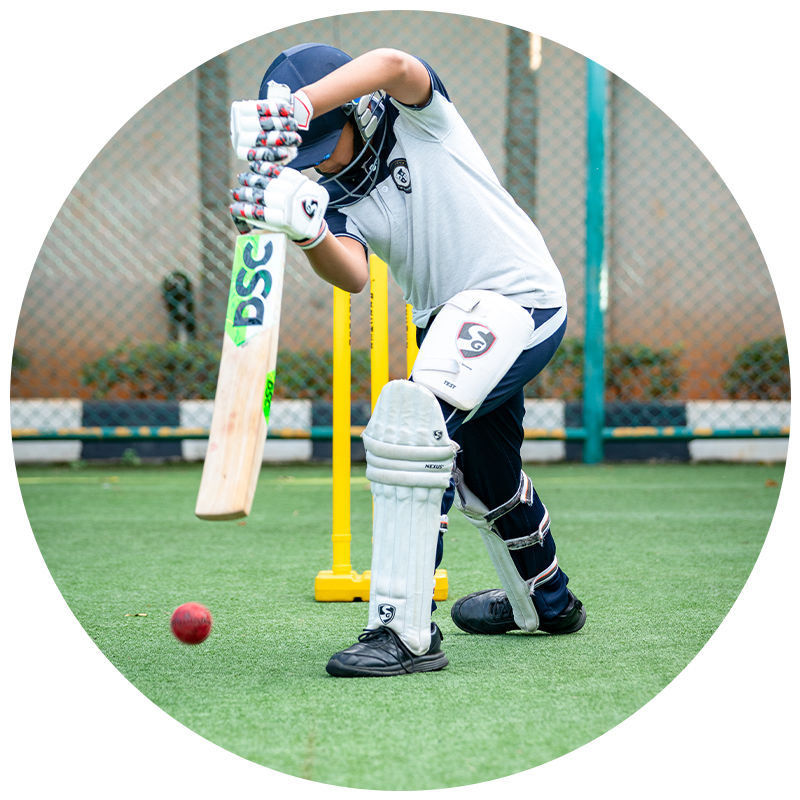
Library
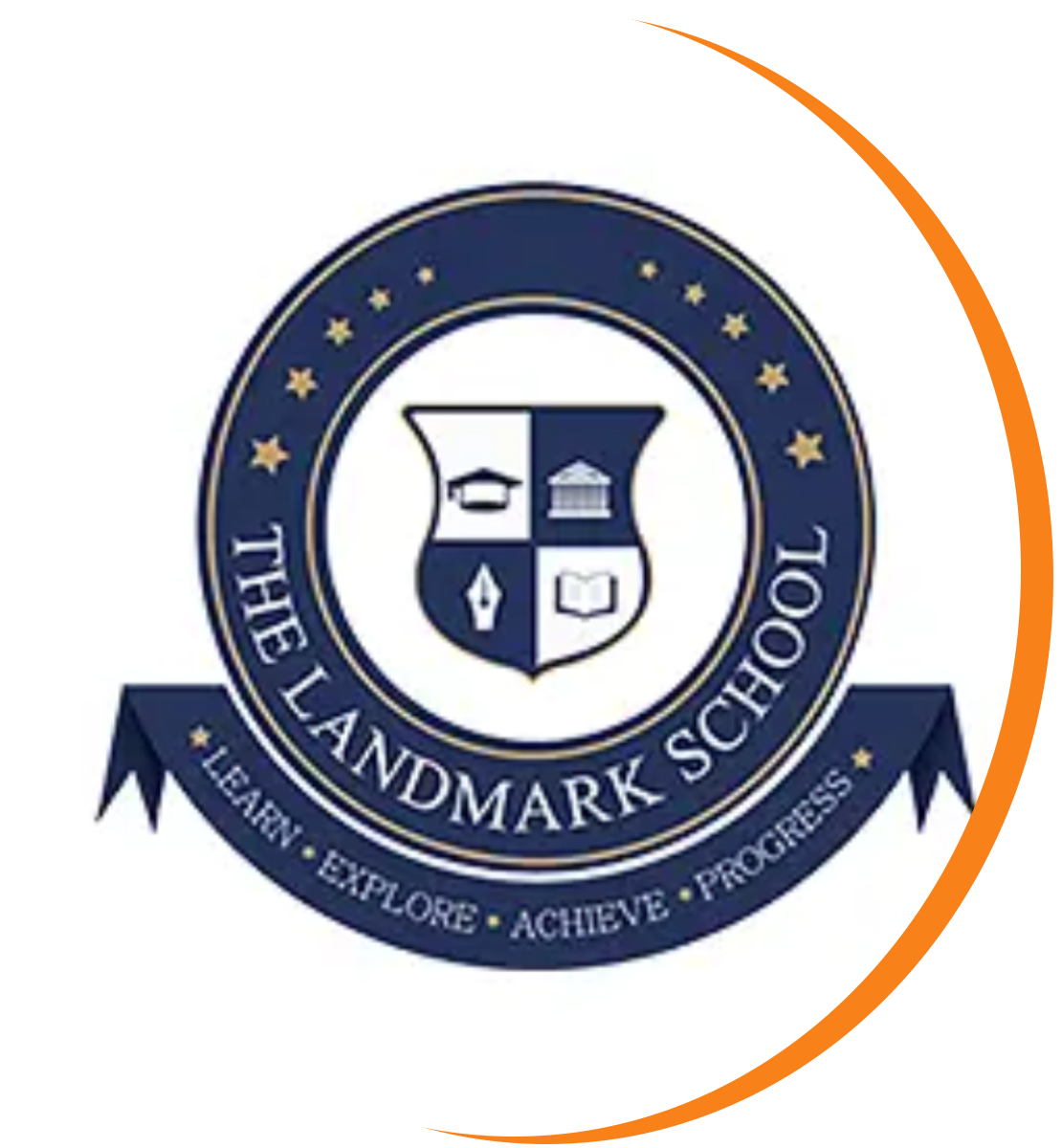
Library
Science Lab
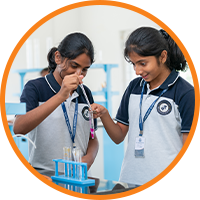
Science Lab
Math Lab
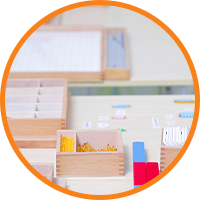
Math Lab
Art Studio
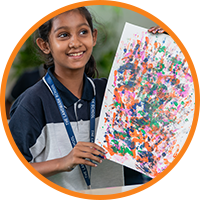
Art Studio
Multi Purpose Lab
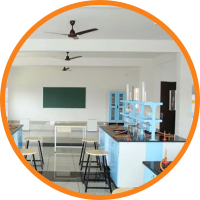
Multi Purpose Lab
Telescope
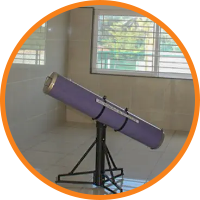
Telescope
The Experiential Learning Cycle
The Landmark School Science Park aims to inculcate inquisitiveness, sense of inquiry, scientific attitude and thinking by encouraging curiosity, creativity and questioning processes among students. At The Landmark School, one among the Best Schools near TC Palya, we offer interactive & activity based learning environment and evolve a two way channel of learning by exhibits and demonstrations and other training activities.
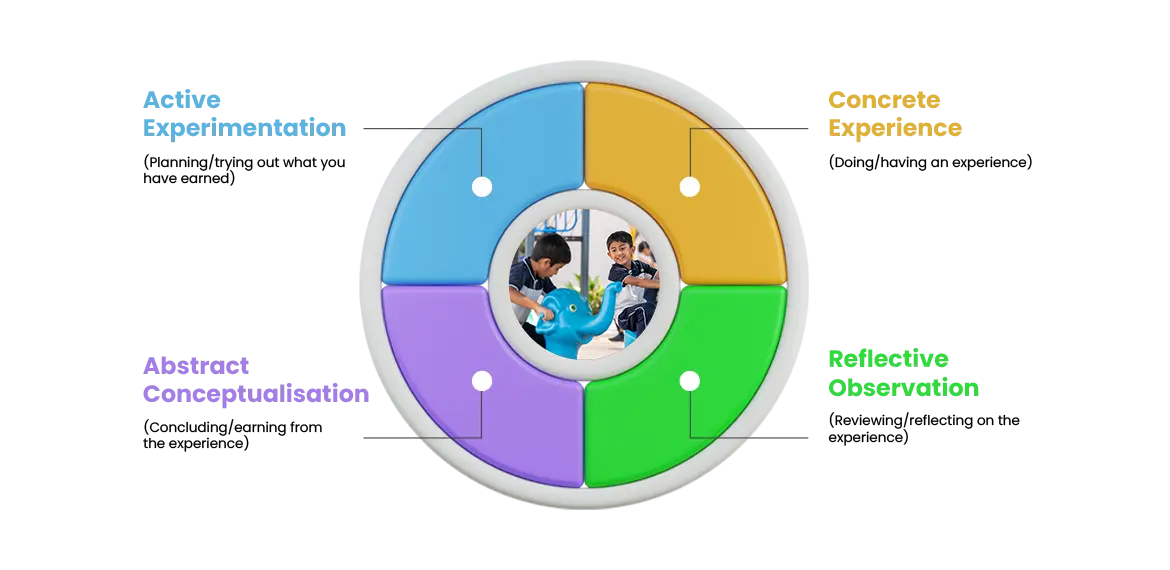
Experience
Reflection
Conceptualise
Test
Effective learning is seen when a child progresses through a cycle of four stages:
- Having a concrete experience followed by
- Observation of and reflection on that experience which leads to
- The formation of abstract concepts (analysis) and generations (conclusions) which are then
- Used to test hypothesis in future situations, resulting in new experiences.
Makes Learning Relatable to Students
Students build on what they already know and are provided with opportunities to make connections between new concepts and existing ones.
Increases the Effectiveness of Learning
Students engage in critical thinking, acquire problem solving skills and engage in decision making.
Links Theory to Practice
Students have the chance to engage in the experience and practice what they have learned, see the application of the theoretical concepts in practice, process that application and make generalizations.
Increases Students’ Engagement
by encouraging collaboration and scaffolding between learners.
Assists in Memory Retention
by building strong relationships between feelings and thinking processes. Students have the capacity to learn successfully when the information is associated with values and feelings.
Leads to Development of Skills for Lifelong Learning
Leads to development of skills for lifelong learning
Our mission is to develop the young generation with self confidence and a sense of dignity, built on the strong foundation of academic skills. The Landmark School, one of the Best CBSE Schools near Manyata Tech park, Bangalore, it's our duty to mould the future citizens of India with the best academic perfection along with personality and character. Being a good Pre-Primary Montessori school near Manyata Tech Park, our Montessori approach is according to the observation that children can learn effectively through real experience. Our trained staffs will give materials to kids either individually or in groups. Children are then free to work with the materials. Observation plays a vital role in Montessori Method of Education.

